O Lord, wilt thou not look upon our sore afflictions
Among these flames incessant labouring? Our hard masters laugh
At all our sorrow. We are made to turn the wheel for water,
To carry the heavy basket on our scorched shoulders, to sift
The sand and ashes, and to mix the clay with tears and repentance . . .
Furrow’d with whips, and our flesh bruised with the heavy basket.William Blake, Vala, 273.Although Blake’s knowledge of industry was uncertain, his vision of it was not. It is an astonishing vision. The reader must turn the pages of the last prophetic books himself, at random: and find everywhere the same sooty imagery, the air belched by industry. Men of letters, whom the machine keeps clean, have groped through this sulphurous rhetoric for the names tidily listed in the books of mystics. The names are there, and they are worth the finding. But Swedenborg the mystic had been an inspector of mines; Paine the deist planned iron bridges; Blake the poet lived in the Industrial Revolution bitterly, in the decay of his engraver’s craft. The oratory of Vala or the Four Zoas, of Milton, and of Jerusalem is loud with machines, with war, with law; the cry of man preying on man; and with the rebellious mutter of working men.
Jacob Bronowski, A Man Without a Mask, London 1944, pp. 85-6.
Among these flames incessant labouring? Our hard masters laugh
At all our sorrow. We are made to turn the wheel for water,
To carry the heavy basket on our scorched shoulders, to sift
The sand and ashes, and to mix the clay with tears and repentance . . .
Furrow’d with whips, and our flesh bruised with the heavy basket.William Blake, Vala, 273.Although Blake’s knowledge of industry was uncertain, his vision of it was not. It is an astonishing vision. The reader must turn the pages of the last prophetic books himself, at random: and find everywhere the same sooty imagery, the air belched by industry. Men of letters, whom the machine keeps clean, have groped through this sulphurous rhetoric for the names tidily listed in the books of mystics. The names are there, and they are worth the finding. But Swedenborg the mystic had been an inspector of mines; Paine the deist planned iron bridges; Blake the poet lived in the Industrial Revolution bitterly, in the decay of his engraver’s craft. The oratory of Vala or the Four Zoas, of Milton, and of Jerusalem is loud with machines, with war, with law; the cry of man preying on man; and with the rebellious mutter of working men.
Jacob Bronowski, A Man Without a Mask, London 1944, pp. 85-6.
William Blake
Jerusalem is Named Liberty
Jerusalem is Named Liberty


































